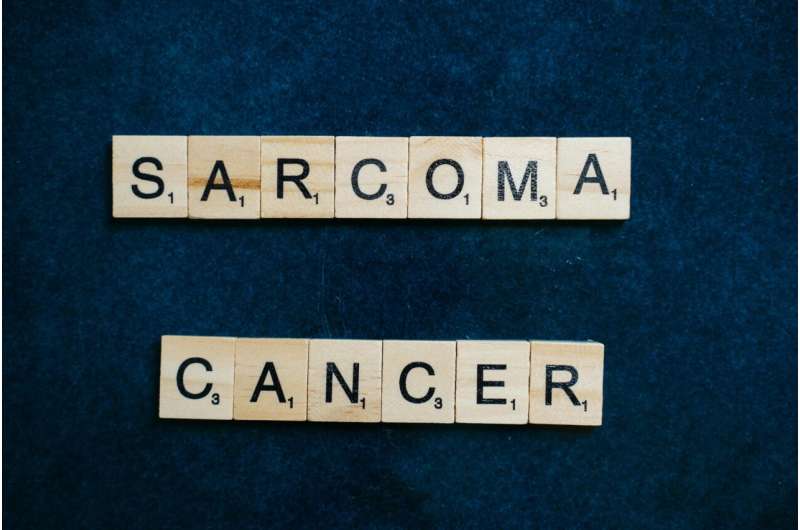Effective Strategies to Counter COVID-19 Vaccine Misinformation Revealed by Research

New research reveals the most effective methods to debunk COVID-19 vaccine misinformation, highlighting how factual corrections can increase vaccination intentions.
Recent research from the Perelman School of Medicine at the University of Pennsylvania has shed light on the most effective methods for debunking misinformation about COVID-19 vaccines. Despite extensive evidence confirming the safety and efficacy of COVID-19 vaccines, vaccine hesitancy persists among various populations. The study found that when misinformation is clarified with factual information, especially using specific strategies, individuals' willingness to receive the vaccine can increase.
The research involved a randomized controlled trial with 890 U.S. adults concerned about vaccine safety. Participants were exposed to three different myth-busting approaches:
- Traditional method: Presenting the myth followed by a factual correction.
- Fact sandwich: Providing a fact, then the myth, followed by another fact.
- Fact-only: Delivering just the factual information.
Findings demonstrated that the myth followed by a fact—often considered a less effective approach—actually reinforced participants' intentions to get vaccinated, including booster shots. This suggests that the so-called "debunking" method may need reevaluation, as it was previously thought that repeating the myth could make it more salient and potentially more believable.
The study's methodology involved exposing participants to these messages about common concerns like fertility issues linked to vaccination. Each participant's intention to vaccinate was measured afterward, revealing that the myth-followed-by-fact approach was the most effective in boosting vaccine acceptance.
These findings are significant for public health messaging, especially as misinformation continues to spread rapidly across media platforms. The Message Effects Lab, established during the pandemic by John L. Jackson, Jr., has collaborated with organizations like the World Health Organization and the Vaccine Education Center to assess and improve health communication strategies.
Additional research has indicated that mandates for vaccination can effectively increase vaccination rates, countering concerns that they might backfire. As technology advances and media environments become more complex, developing accurate and accessible communication remains crucial.
The study underscores the importance of employing evidence-based strategies to correct misinformation, which can ultimately support global vaccination efforts and public health initiatives.
For more details, refer to the paper published in the journal Vaccine and the related coverage at https://medicalxpress.com/news/2025-09-ways-debunk-covid-vaccine-misinformation.html.
Stay Updated with Mia's Feed
Get the latest health & wellness insights delivered straight to your inbox.
Related Articles
Late-Life Mood Disorders as Early Indicators of Dementia
Emerging evidence suggests that mood disorders in older adults, such as depression and bipolar disorder, may be early signs of neurodegenerative diseases like dementia. Advanced brain imaging reveals tau protein accumulations years before cognitive decline, offering potential for early detection and intervention.
FDA Enhances Recall of Over 160,000 Bottles of Thyroid Medication Due to Subpotent Ingredients
The FDA has upgraded a recall of over 160,000 bottles of levothyroxine sodium due to subpotent levels that may impact thyroid health. Learn more about this important drug safety alert.
New Insights into How a Protein Facilitates Pancreatic Cancer’s Spread to Liver and Lungs
Scientists have uncovered how the protein PCSK9 influences pancreatic cancer cells' ability to metastasize to the liver and lungs by regulating cholesterol metabolism, opening new therapeutic possibilities.



